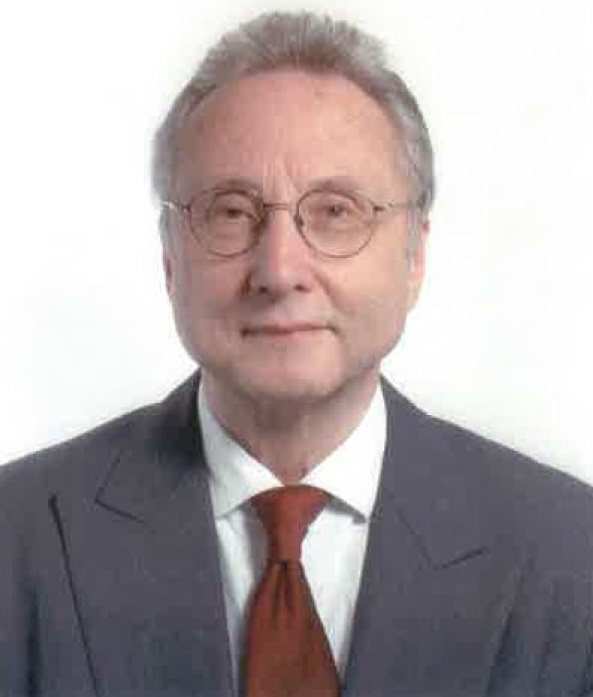Rolf W. Boehnke was Managing Director and Chairman of the Executive Board of the Common Fund for Commodities (CFC) at the USG level from 1996 to 2004, the formative years. He consolidated the Fund’s membership and streamlined the Secretariat by reducing administrative and increasing project staff. In the interest of economy, he proposed a reduction of the number of meetings of the Executive Board and the Consultative Committee, which was approved by the Governing Council. He designed the First and Second Five-Year Action Plans of the Fund, updated the Project Manual, established a series of Technical CFC Papers and introduced rules for staff promotion, among others. He kept the budget of the Fund at, or close to, zero real growth.
Before joining the Common Fund, he was Secretary-General of the International Lead and Zinc Study Group (ILZSG) from 1984 to 1996, an intergovernmental organisation established by the United Nations. During his tenure, membership of ILZSG peaked.
Earlier he worked with the German Federal Ministry of Economics in the fields of international commodity negotiations, foreign trade, industrial and antitrust policy, at the rank of Minister Counsellor. He served, on secondment from the Ministry, as diplomat with the German Permanent Missions in Geneva and New York and was Counsellor at the German Embassy in London. He was Economist at the German Federal Antitrust Authority, inter alia writing speeches and articles for its President, and Assistant Professor at the Free University Berlin.
After retirement from public service in 2006, he worked as team leader and expert for the EU Commission/UNDP, GIZ and others in the Balkans, Caucasus and Middle East. He now advises non-governmental organisations in Africa and Latin America on a pro bono basis and is election observer with the Organisation for Security and Co-operation in Europe (OSCE).
Rolf W. Boehnke got a PhD and a Master Degree in economics from Free University Berlin and a Master in Public Administration (MPA) from Harvard University.

